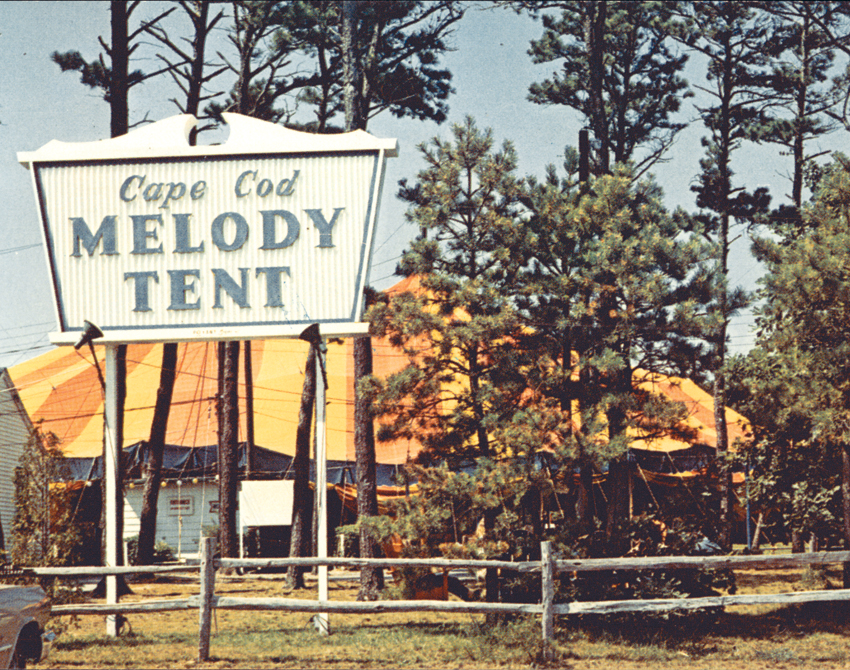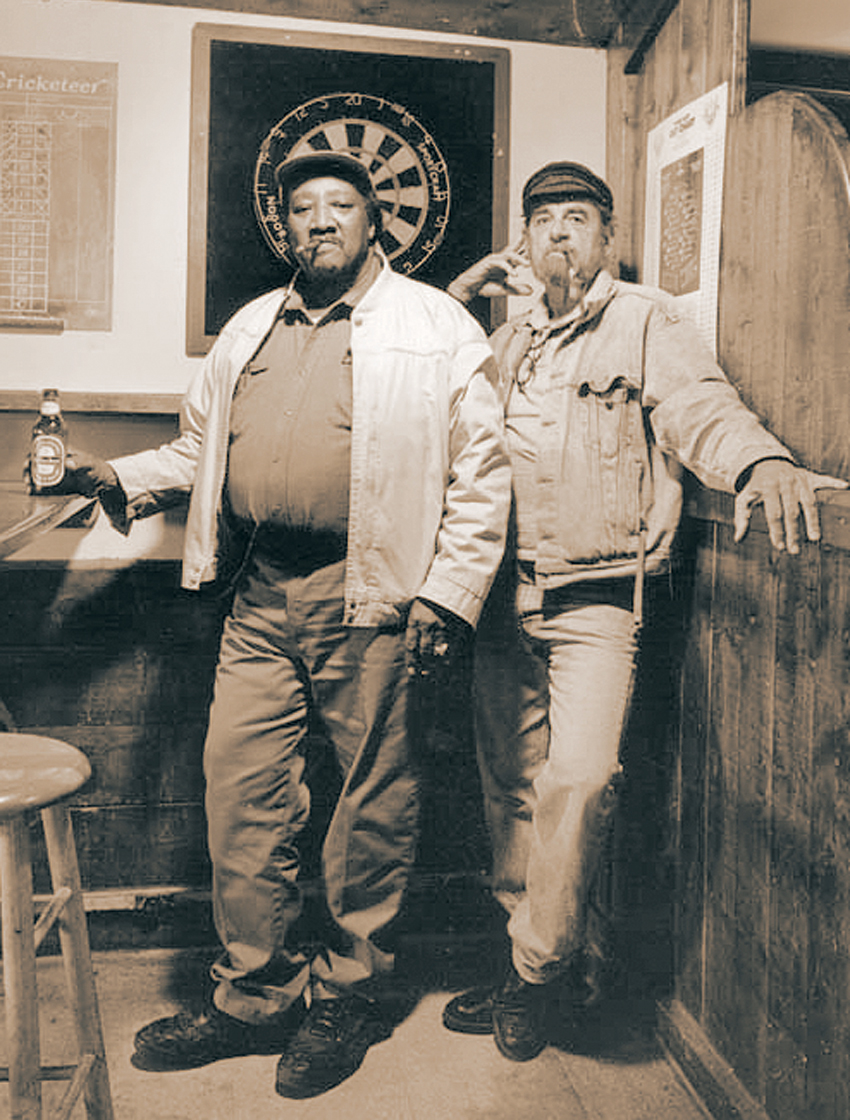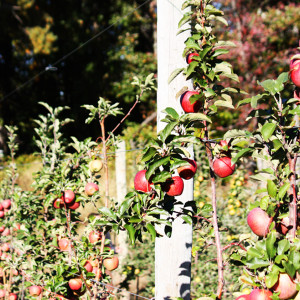Summer on the Cape

Photo by John Hughes Hall, Courtesy of Noa Hall
The Modern Homes of Wellfleet
The summer of 1937 was the Bauhaus Reunion, this rabble of oddball intellectuals from Germany who all bonded with the Cape. Simultaneously, a group of bohemian, self-taught American architects were buying land for about $20 an acre (now it’s more like $20 million an acre), and these guys hooked up and started building these experimental summer houses. They made the Cape their spiritual home. There were a lot of very big thinkers from Harvard and MIT, all writing books, or teaching, or working on exhibits at the Museum of Modern Art. They’d work until 4 p.m., then would emerge from their studios and go swimming, play Ping-Pong, and start cocktail hour, which was very rambunctious.
Then, in the ’60s, Kennedy introduced the national-park legislation protecting the seashore, which forced some people to abandon their homes. Decades later, the park considered demolishing them. That’s about when I came on the scene, with the push to preserve them.
We rent out three of these houses during July and August to pay the bills. We’re currently working on the Hatch Cottage, a super-rationalist abstract collection of boxes—it almost doesn’t look like a house, just cubes. Built for Robert Hatch, a book editor at the Nation magazine, it was a retreat for literary leftist types—Howard Zinn and Noam Chomsky used to come visit. Our mission is to repurpose it for new creative thinking.
—Peter McMahon, founding director of the Cape Cod Modern House Trust.


Photo via CardCow.com
The Melody Tent
A lot of famous acts have appeared at Hyannis’s Cape Cod Melody Tent, usually before or after they were major draws in bigger places. You can count on the tent, which first went up in July 1950, to present senior-circuit regulars and a mix of talent on the rise, along with the occasional night of boxing. A certain backwater pokiness contributes to the appeal. So does its status as a seasonal marker: The tent goes up, we know summer’s coming; once it’s packed away, it’s time to hunker down for fall.
But if I associate the Melody Tent with cozy reliability, I’ve also encountered there world-class brilliance.
There was, for instance, the moment in 1998 when Zab Judah, a talented contender out of Brooklyn on his way to a world title, lost patience with the journeyman Otilio Villarreal. From where I sat at ringside, with Villarreal’s back to me, Judah appeared to dematerialize at arm’s length from his opponent and then rematerialize right in his face with a left hook of Homeric finality. Villarreal pitched over like a felled pine, and Judah stood over him, an exultant hero.
Then there was Peter Frampton, who took the stage one cool August night in 2010. I expected him to be bitter about no longer selling out stadiums, or grandiosely delusional about persisting on the A-list. But he fell into neither trap, and he made abundantly clear that he had been practicing his instrument since his era of mega stardom. His flowing guitar runs were more elegant than ever, brimming with sheer liquid pleasure as he ascended toward classic-rock Valhalla from under the Melody Tent’s little top.
—Carlo Rotella is an author, most recently of Playing in Time: Essays, Profiles and Other True Stories.

A Night at the Box

Robert Harris and Cap’n Seaweed photo courtesy of the Chicken Box
Let’s start with nomenclature and pronunciation: The proper name is the Chicken Box, but it should always be referred to simply as, “the Box.” And even if you hail from Galveston, Texas, the name of the bar must be pronounced as though you grew up eating Fenway Franks, preferably in a sentence like, “It’s ten-thihty, wicked pissah, we should head to the Bawks, it’s the greatest bah evah.”
Let’s move on to the history lesson: The Box was built in 1947 by Willie House, a domestic who came north to Nantucket with his employers. House wanted to open a place that served southern food (specialty: fried chicken) and played the music he was used to hearing (Muddy Waters once graced the stage). On any given night in the summer, there is live music—Grace Potter and Donavon Franken-reiter come to play often, and Jimmy Buffett will occasionally sit in with a band. Things get going at 10 o’clock, and the crowd—everyone from college students to billionaire captains of industry—empties out on to Dave Street at last call.
I first walked into the Box on Friday, July 9, 1993. I was 23 years old, had rented a room in a house for the summer, and knew exactly no one. Quizzing the cab driver who picked me up at the ferry had gotten me to the front door. He did not steer me wrong. I began my night by bonding with the bartender, who bought me a shot called the “Statue of Liberty,” which involved sticking two fingers in Sambuca, lighting them on fire, and drinking the shot while they burned over one’s head. I then latched on to a bachelorette party, and joined the group on the dance floor. I crawled home after last call, and vowed I would never go back.
But go back I did, again and again. I can’t reasonably describe the appeal—the bar is a dive, there is no food. However, I believe that there is no more festive way to end a summer night on Nantucket than by dancing in the front row, with a cold Corona raised in hand, at the Box. It’s the greatest bah evah.
—Elin Hilderbrand’s 12th novel, Beautiful Day, will be released on June 25.


Photo by Jackie Sullivan
Alley’s General Store, Martha’s Vineyard
I’ve lived on the Vineyard for 18 years, and have worked at Alley’s on and off for 12 of them. We’ve been around since 1858, in the same location, with a bunch of different names. We sell everything: hardware, housewares, groceries, fishing tackle. In the winter months, we’re literally the last outpost for three towns. It’s the only place to get milk.
I raised three kids on the floor of this store. I have all kinds of memories, whether it’s the pitter-patter of their feet on the floor, or watching them ring up customers now as a summer job.
There’s a certain inherent lifestyle here that doesn’t exist elsewhere these days. Martha’s Vineyard is one of those unique places that’s devoid of franchise. And that enables Alley’s to continue operating. We have so many regulars who come in all the time. We even have private mailboxes that have stayed in the same families for at least 50, 60 years.
—Spencer Booker, assistant manager, Alley’s General Store.


